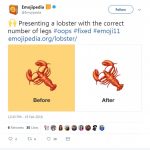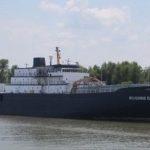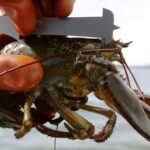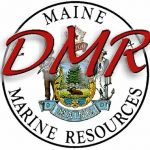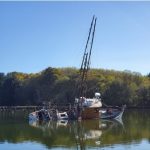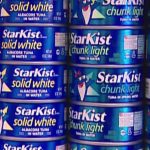Daily Archives: April 29, 2019
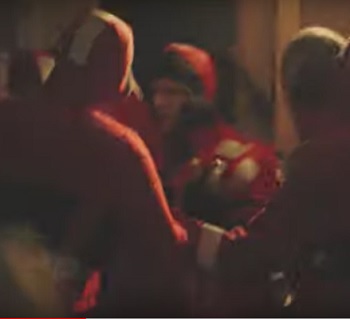
Alaska Ranger: “Shipwrecked in Alaska”
On the night of March 23, 2008, most of the crew sleeps while fishing vessel Alaska Ranger makes her way to the rich fishing grounds off the coast of Alaska. As the Engineer makes his nightly rounds, he discovers a serious flood in the rudder room. He raises the alarm and the captain issues a Mayday call.,,, DISASTERS AT SEA is an original new docuseries airing on Tuesdays at 10 p.m. EST on Discovery Canada (US viewers can check out Smithsonian Channel). Facts about the Alaska Ranger: >Video trailers, click to read<15:10

Federal Relief for Fisheries Disasters Dating From 2015 Finally Available
Representatives Jared Huffman (D-San Rafael) and Jackie Speier (D-Hillsborough) today announced that $29.65 million in long-awaited federal assistance will be finally delivered on June 1st to North Coast fishing communities that suffered major economic impacts due to fisheries disasters dating back to 2015.,,, That federal funding, now finally announced, will be provided in June to the Pacific States Marine Fisheries Commission to distribute to individuals and businesses dependent on fishing. >click to read<14:21
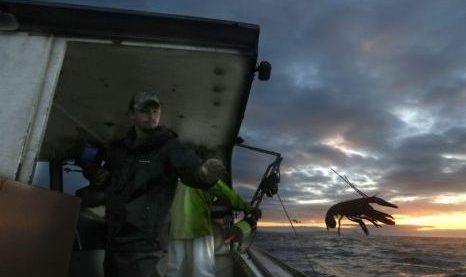
Maine Lobstermen Face 50 percent Trap-Rope Reduction To Protect Right Whales
Representatives from 14 Atlantic coast states participated in the four-day consensus-building project, including fishermen scientists, state regulators and conservation groups. The stakes were highest for Maine’s lobster industry, which landed $484 million worth of the crustaceans last year – the most valuable single-species fishery in the nation. The Cape Cod Times reports that Massachusetts and New Hampshire agreed to a 30% cut in the number of vertical lines, and to use ropes that break at a reduced weight. “The regulations proposed here today are a big ask,” says Patrick Keliher, the commissioner of Maine’s Department of Marine Resources. >click to read<13:06
NOAA – Team Reaches Nearly Unanimous Consensus on Right Whale Survival Measures ->click to read<15:50
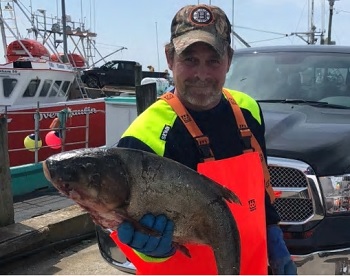
Canada closer to allowing Asian carp as lobster bait, depending on test outcomes
The Canadian Food Inspection Agency says it is prepared to accept invasive Asian carp from the United States as bait for the lobster industry, provided U.S. authorities can meet a number of conditions including proof the carcasses pose no disease threat. “If the U.S. can meet these requirements, Canada is willing to accept the import of dead, eviscerated silver carp for use as bait,” CFIA spokesperson Brian Naud said in a statement. There is interest in both countries in using Asian carp to supply their respective lobster fisheries which are experiencing a bait shortage as traditional sources decline: herring in the United States and mackerel in Canada. The state of Maine is poised to make a decision on Asian carp as a bait source by the end of May. >click to read<11:34

Job Opening: Assistant Plant Manager – West Coast Seafood – Vancouver BC
Are you passionate about the dynamic West Coast fishing industry? Join Aero Trading as an Assistant Plant Manager and develop your leadership skills while sharing your industry knowledge and expertise! About You- You lead by example and bring a positive attitude that motivates those around you. You are passionate about the seafood or commercial fishing industry. Whether it’s helping unload at the dock or getting your hands dirty on the processing line, you are willing to roll up your sleeves to get the job done. >click to read the details<11:10
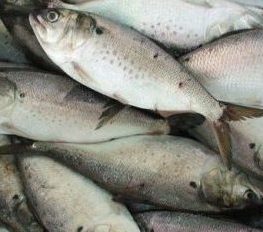
Our view: Abundant menhaden draw whales and endless dispute over its fishery
A sustainable and growing menhaden fishery, though, isn’t enough for some. Since at least 1888, when the Rod and Reel Association claimed commercial menhaden boats were taking fish better left as food for species they liked to catch and eat, people have fought over the best use for menhaden. In the fall of 2017, a coalition of environmental and sport fishing interests, partly led by a unit of the Pew Charitable Trusts, successfully lobbied the fisheries commission to switch to a unique new management approach for a fishery, one based on estimates of how the menhaden population affects other fish and wildlife that prey upon it. >click to read<10:42
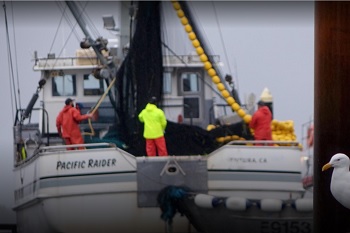
Coos Bay Fishermen Brace For Impacts From Jordan Cove And Channel-Widening Projects
The headland that look out over the ocean entrance to Coos Bay has been given a rather descriptive name by local fishermen. “We call it Chickenshit Point,” says Nick Edwards chuckling. Perhaps it’s because the people watching from up on the hill aren’t considered as brave as those on the boats crossing the dangerous Coos Bay bar below. “A lot of us will come up here and watch. Everybody goes, ‘He’s made it across the bar. He’s made it across the bar!’” he says. >click to read<09:45

































